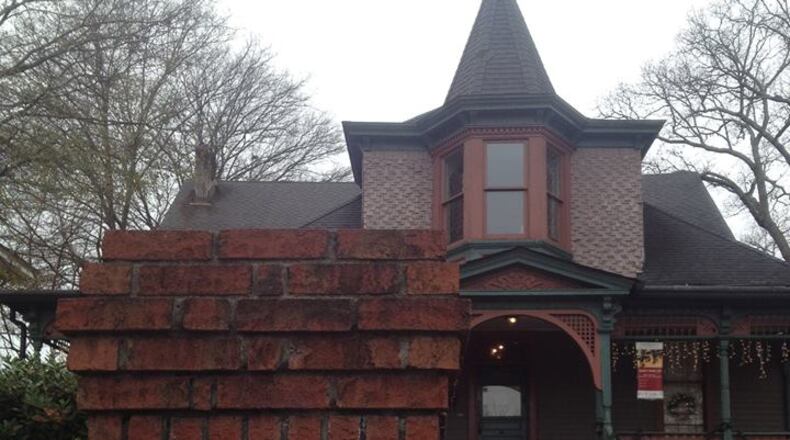The Atlanta City Council approved legislation recently that will create a Community Improvement District to serve the historic West End neighborhood, making Atlanta’s oldest community the latest to leverage this economic tool to map its own future.
CIDs are self-taxing business districts where commercial property owners agree to pay a tax to fund a variety of improvements such as transportation upgrades, the widening of sidewalks, intersection and parking upgrades, pedestrian and bicycle paths, streetscapes, more green space, or security.
Sponsored by Coucilmember Cleta Winslow, she said the idea of a CID for the West End developed eight years ago as the community suffered through the economic downturn of the Great Recession. The West End CID will be governed by a six-member board.
“This is a momentous achievement for an inner city commercial node,” Winslow said. “It’s a step in the right direction in our effort to improve our quality of life and the improvements that result will make Atlanta’s West End even more attractive to new residents and businesses.”
Over the past 30 years, CIDs have emerged as significant centers of growth and influence in the metro Atlanta region. By utilizing self-imposed tax revenues from commercial businesses within their districts, CIDs are dramatically changing their communities in many ways, according to a report by the Council for Quality Growth, a metro Atlanta non-profit trade organization that works to ensure the region’s regulatory environment supports quality growth and development. Those changes include an economic environment that has attracted new businesses, housing, and other investments.
The CID has the support of both the West End Merchants Coalition and Central Atlanta Progress, a private, not-for-profit corporation that strives to create a robust economic climate in downtown Atlanta.
The boundaries of the West End CID include the commercial nodes along Martin Luther King Jr. Drive to the north, Lee Street to the east, White Street to the south and west. It also includes the Atlanta University Center.
About the Author
The Latest
Featured


